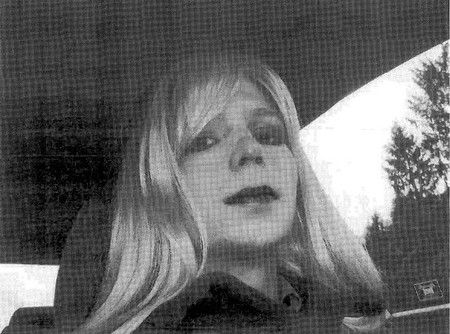Advertisement
Guilty plea seen for Wall Street scion Caspersen in fraud case

By Jonathan Stempel
NEW YORK (Reuters) – Wall Street executive Andrew Caspersen will likely plead guilty next month to criminal charges over an alleged $150 million fraud scheme, after compulsive gambling drove him to make huge, failed bets against the U.S. stock market, his lawyer said on Tuesday.
At a hearing in Manhattan federal court, Caspersen agreed to let prosecutors file a criminal “information” accusing him of securities fraud and wire fraud, and entered a not guilty plea.
When asked by U.S. District Judge Jed Rakoff whether a guilty plea was forthcoming, Caspersen’s lawyer Paul Shechtman said: “I think that’s most likely, your honor, almost certain.”
A hearing is set for July 6.
Caspersen, 39, a graduate of Princeton University and Harvard Law School and son of late Wall Street financier Finn M.W. Caspersen, told Rakoff he was being treated for “compulsive gambling and related mental health” issues.
The defendant had worked at Park Hill Group, now a unit of investment banker Paul Taubman’s PJT Partners Inc, prior to his March arrest and eventual firing.
Prosecutors said Caspersen ran a Ponzi-like scheme from November 2014 to March 2016 to defraud more than one dozen investors, including friends, family and classmates, of nearly $150 million.
They said he falsely claimed he would use the money to make secured loans to private equity firms, but instead traded it in his own accounts and made payments to earlier investors.
Prosecutors have also accused Caspersen of cheating a charity affiliated with hedge fund billionaire Louis Bacon’s Moore Capital Management out of $24.6 million.
Prosecutors previously said Caspersen’s alleged fraud scheme totaled up to $95 million.
Speaking to reporters after the hearing, Shechtman said Caspersen suffered losses making “casino-like” wagers on volatile, one-week “put” options, betting that the Standard & Poor’s 500 would fall.
By Feb. 11, Caspersen was up $113 million after the index had sunk 11 percent over six weeks – enough, prosecutors said, to repay $38.5 million he had raised from investors.
But Shechtman said Caspersen immediately plowed most of the money back into S&P 500 put options.
Within a month, he said, it was gone.
“People say, it’s Wall Street greed. There’s no greed here,” he said. “There is a pathological gambling addiction so that no matter what he thought at the end of the day, he bet it all.”
Shechtman said Caspersen also lost his own inheritance, once worth some $20 million.
“There’s nothing left of Andrew’s money,” he said. “Nothing.”
The case is U.S. v. Caspersen, U.S. District Court, Southern District of New York, No. 16-mj-02011.
(Reporting by Jonathan Stempel in New York; Editing by Phil Berlowitz and Dan Grebler)











